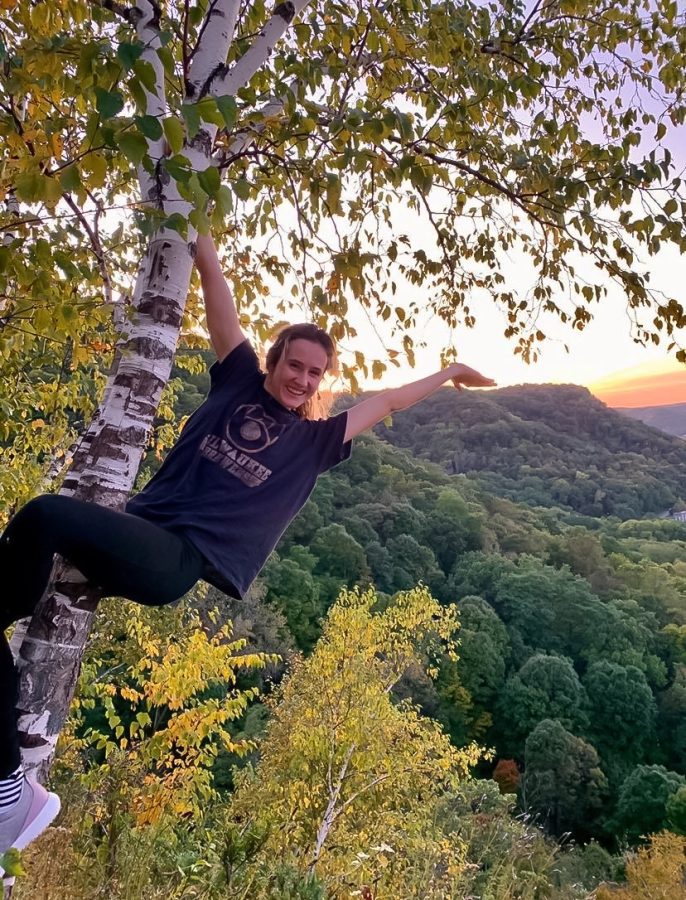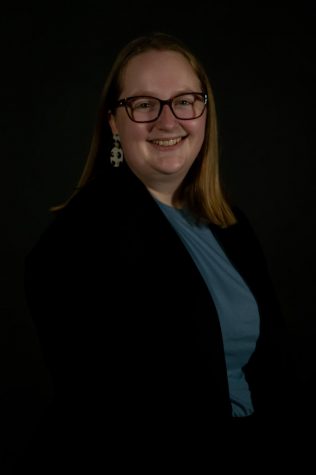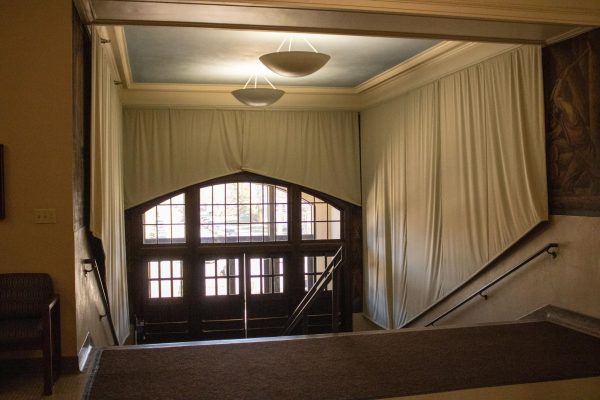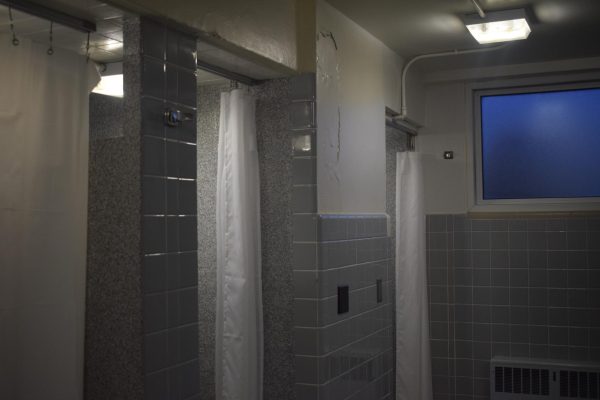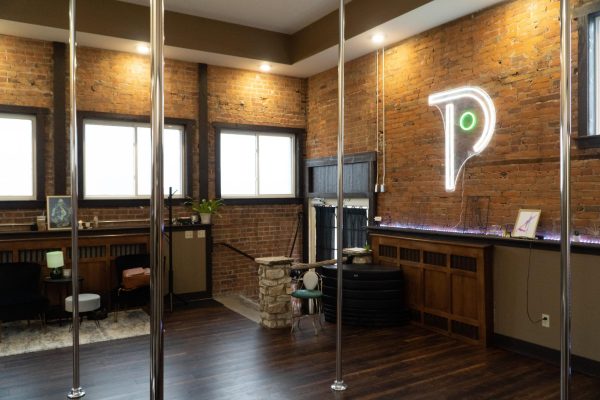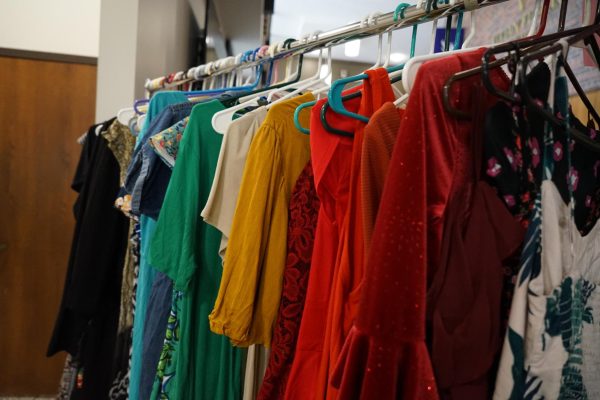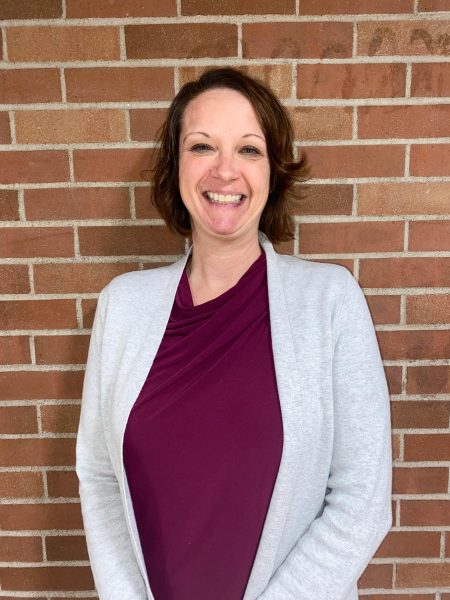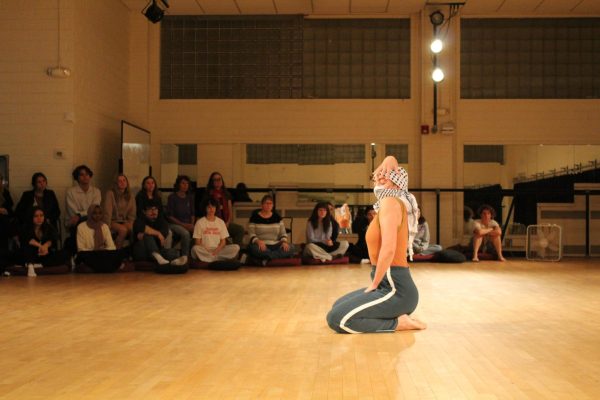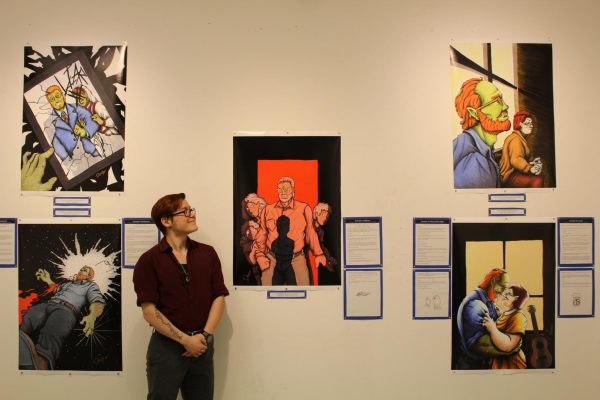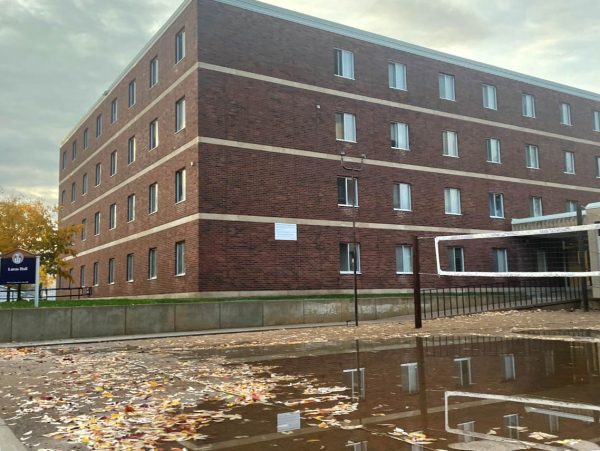Profile: Public health graduate Jackie Henderson
February 10, 2021
Jackie Henderson is the new COVID-19 coordinator for Winona Area Public Schools, accepting her position on Jan. 11, 2021.
Although Henderson is new to the position, she mentioned her goals for herself: first to curb the spread of false information, second to continue learning through experience and the third is to contribute to the vision of the school district.
Henderson said she is one part of a larger network.
“I want to contribute to the culture where all are safe, valued and accountable to one another for success,” Henderson said. “Because I think we all have a role to play in keeping our community and schools safe,”
Henderson works on family contact tracing and follow-ups, as well as coordinating staff testing events and compliance with state guidance and cleanliness protocols.
Henderson also updates face shield protocols and communicates changes with building principals.
Henderson said the job search was unique; she found the listing the same day she was interviewed and offered the position.
“It was a weird day period of applying, interviewing and accepting the position,” Henderson said.
Henderson graduated from Winona State University’s public health program in December 2020, a path she decided was a better fit for her after a discussion in spring 2018 with her advisor, Andrea Gierok. Gierok is an assistant professor in the health exercise and rehabilitative sciences (HERS) program.
Gierok taught Henderson in both core classes and intro to public health and issues in health education.
Gierok spoke to the work ethic needed to be successful in the public health field.
“A lot of your work is community-based and self-directed. You do a lot of facilitation and working with members of the public,” Gierok said. “I think Jackie fits that mold very well.”
Henderson said epidemiology was part of her coursework even before COVID.
“Epidemiology is the study of disease,” Henderson said. “It was about being able to learn how rates come to be and how preventative measures, mitigation levels can reduce the spread before it’s transmitted.”
Henderson learned about different factors that can influence an individual’s health, such as age, location, race and ethnicity.
Gierok said the strengths of courses in public health include the tailoring care for different populations, something that benefitted Henderson.
“A lot of the classes focus on cultural sensitivities and health disparities, so I think having experience in those makes her well-suited for her coordinator position,” Gierok said.
Henderson came to Winona State from Pewaukee, Wisconsin in 2017, initially majoring in nursing.
Henderson is a third-generation graduate, preceded by her grandfather, father, uncle and brother at Winona State.
Henderson said Winona State’s health classes brought her to campus after being informed by her family.
“I was introduced to the school through them,” Henderson said. “And I was also driven to come here because they had a good health science program.”
Henderson knew she wanted to help people; she just didn’t know in what way exactly.
After she had taken a few broader nursing classes, Henderson looked into a change in her major track.
“After I learned about public health, I knew this is what I wanted to do. It’s helping people on a broader level, not a field that’s so specifically medical,” Henderson said.
Her concentration was community health, which is one of four concentrations in the public health major. The other three are epidemiology, health administration and nutrition.
While attending Winona State, Henderson found herself involved in community organizations through her classes, including being part of the American Red Cross club.
This club resulted from an educational program Henderson wrote with peers. The club furthers the efforts of the program and includes many who developed the program with Henderson and were interested in furthering their efforts. Henderson said the club seeks to help the community.
“We wanted to increase access to AEDs, which are automated external defibrillators to shock you when you’re in cardiac arrest, within the community.”
Henderson said the project allowed her to get introduced to Winona and its organizations, which she now serves.
“It also made me realize that this is just one area of positive change for the better, and if you think about it, so many things can be changed and worked on. Health programs can address those changes we want to make in the community,” Henderson said.























































